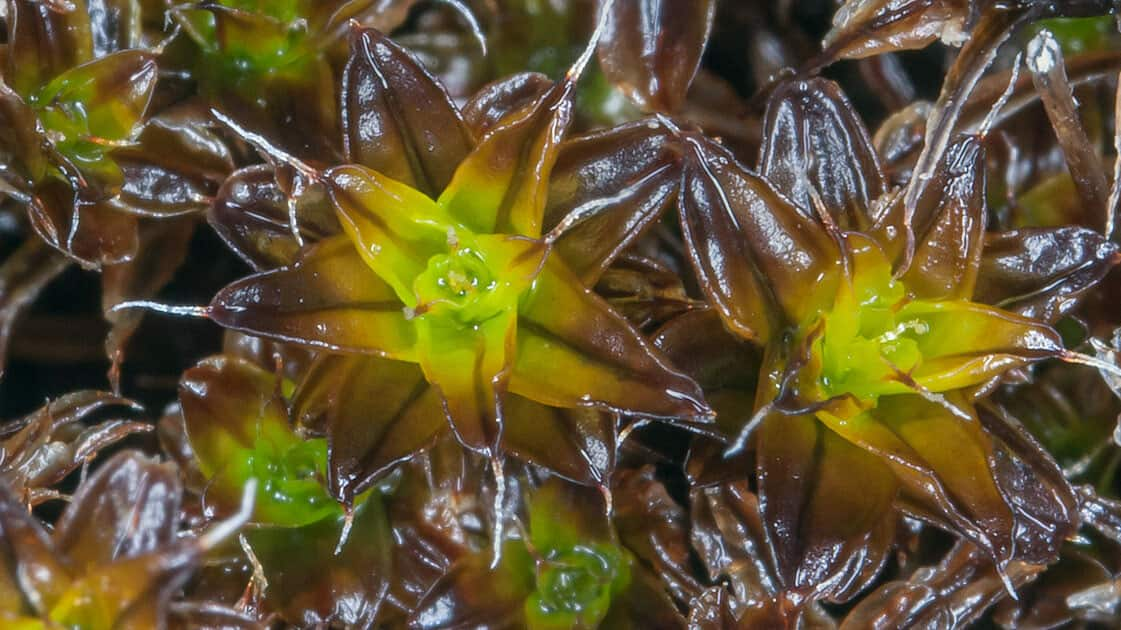
Chinese scientists discover moss capable of surviving on Mars
What's the story
Chinese researchers have identified a desert moss, Syntrichia caninervis, that could potentially survive and grow in the harsh conditions of Mars. Known for its resilience, this moss has been found in extreme environments from Antarctica to the Mojave desert. The scientists believe this plant could help transform the hostile Martian environment, characterized by freezing temperatures and an atmosphere composed mostly of carbon dioxide.
Experiment
Moss survives simulated Martian conditions in lab
The research team simulated Mars's harsh environment, and found that the moss survived five years at minus 80 degrees Celsius. Impressively, it was also able to regenerate after nearly complete dehydration. The moss showed strong resistance to radiation, even growing under limited doses of gamma rays. "The unique insights obtained in our study lay the foundation for outer space colonization using naturally selected plants adapted to extreme stress conditions," the researchers stated in their paper published in The Innovation journal.
Space agriculture
Potential role of moss in long-term space missions
Growing Earth-based plants on the Red Planet could make its barren surface more habitable. "Cultivating terrestrial plants is an important part of any long-term space mission because plants efficiently turn carbon dioxide and water into oxygen and carbohydrates - essentially the air and food that humans need to survive," University of Florida's moss expert Stuart McDaniel explained to The Guardian. Although the desert moss is not suitable for consumption, it could provide other essential services in space.
Challenges
Unanswered questions and future possibilities
Despite the findings, McDaniel pointed out that there are many unanswered questions. "These experiments represent an important first step, but they do not show that the moss could be a significant source of oxygen under Martian conditions, nor do they show that the desert moss could reproduce and proliferate in the Martian context," he added. Meanwhile, the Chinese researchers concluded their study with optimism about future possibilities.